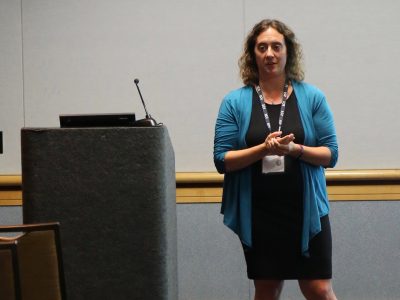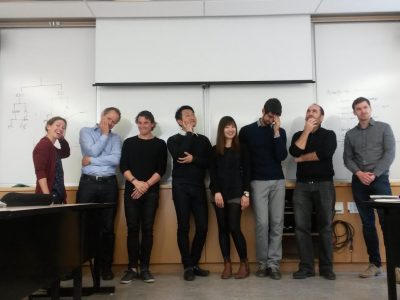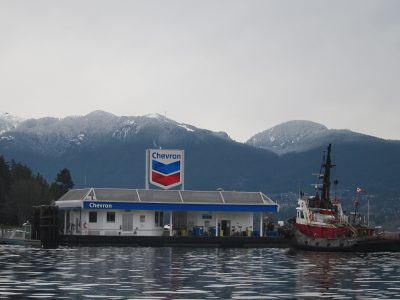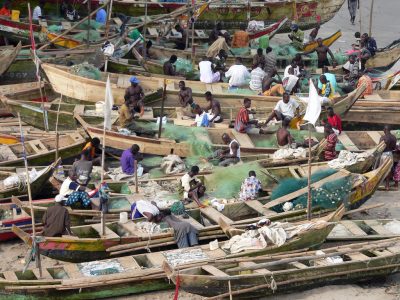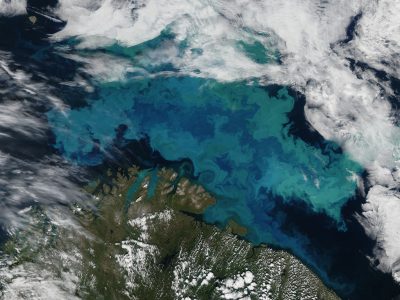4th International Workshop: Bridging the Gap between Ocean Acidification Impacts and Economic Valuation
Nereus Program Manager and Research Associate Vicky Lam will be attending the 4th International Workshop on Bridging the Gap between Ocean Acidification Impacts and Economic Valuation, co-hosted between the Scientific…



